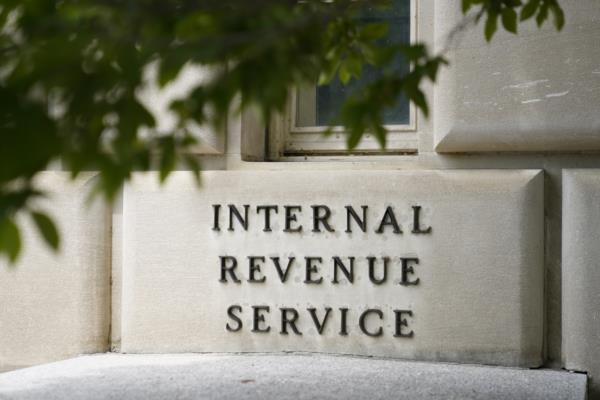
As Tax Day approaches, a stark contrast emerges between presidential candidates Joe Biden and Donald Trump regarding their approaches to tax policies and financial transparency. Biden, the incumbent Democratic president, is set to release his income tax returns on the IRS filing deadline and plans to advocate for higher taxes on the wealthy to address the federal deficit and support programs for the less affluent.
Biden highlights his modest financial background, emphasizing his years of public service without significant wealth accumulation. In contrast, Trump, a Republican former president, boasts of his billionaire status and has been reluctant to disclose his tax information, arguing that past financial disclosures suffice.
The candidates diverge on tax policy, with Biden proposing tax increases on the wealthy and corporations to generate revenue and reduce deficits, while Trump advocates for maintaining low taxes for the affluent to stimulate investment and job creation.
The expiration of Trump-era tax cuts by the end of 2025 poses a significant decision point for the next president, with implications for the national debt. Biden aims to retain most tax breaks for those earning less than $400,000 while allowing others to lapse, whereas Trump favors additional tax cuts and pledges to address the escalating national debt.



Biden's proposals include a 'billionaire minimum income tax' targeting ultra-wealthy individuals like Trump, who has faced scrutiny over his tax payments and financial dealings. Trump's financial situation has been complicated by legal judgments and business ventures, including the recent stock market debut of Trump Media.
The candidates' contrasting views on tax policy, financial transparency, and economic strategies underscore the critical choices facing voters in the upcoming election, with far-reaching implications for the nation's fiscal health and economic direction.
Overall, the divergent approaches of Biden and Trump on tax policies and financial matters reflect broader ideological differences and set the stage for a contentious debate on economic priorities and governance.







